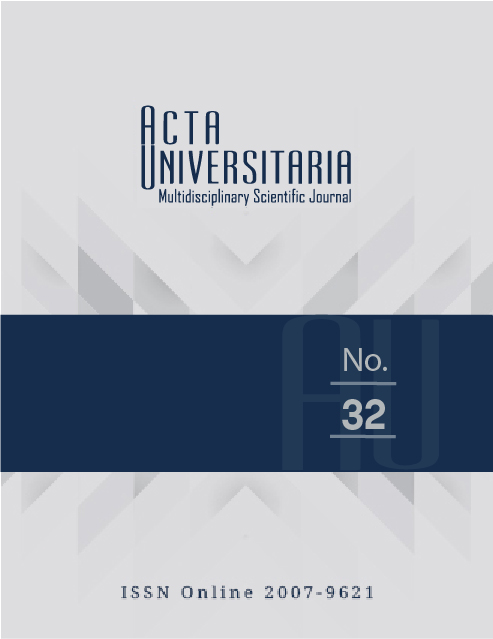Emisiones de metano por la disposición de residuos sólidos urbanos: el caso de Tuxtla Gutiérrez, Chiapas, México
Publicado 2022-09-07
Cómo citar
Resumen
Los residuos sólidos urbanos (RSU) son un problema ambiental que afecta a las ciudades en el mundo, su manejo es necesario para minimizar sus impactos, como la emisión de gases de efecto invernadero (GEI). Al considerar como caso de estudio la ciudad de Tuxtla Gutiérrez, se cuantificó el metano (CH4) generado por la disposición de los RSU durante el periodo 2000-2020 mediante el método por defecto de las directrices del IPCC 1996. Para ello se calcularon los residuos generados anualmente en función del tamaño de la población y la generación per cápita (GPC). Las emisiones pasaron de 5857.03 t CH4 en el 2000 a 14 734.24 t CH4 en el 2020, con tasas de crecimiento que varían entre 1.19% y 29.3% y una media anual del 4.89%. La magnitud de estas supera algunas que se generan en ciudades con mayor desarrollo socioeconómico y evidencia la problemática de varias ciudades de México.


